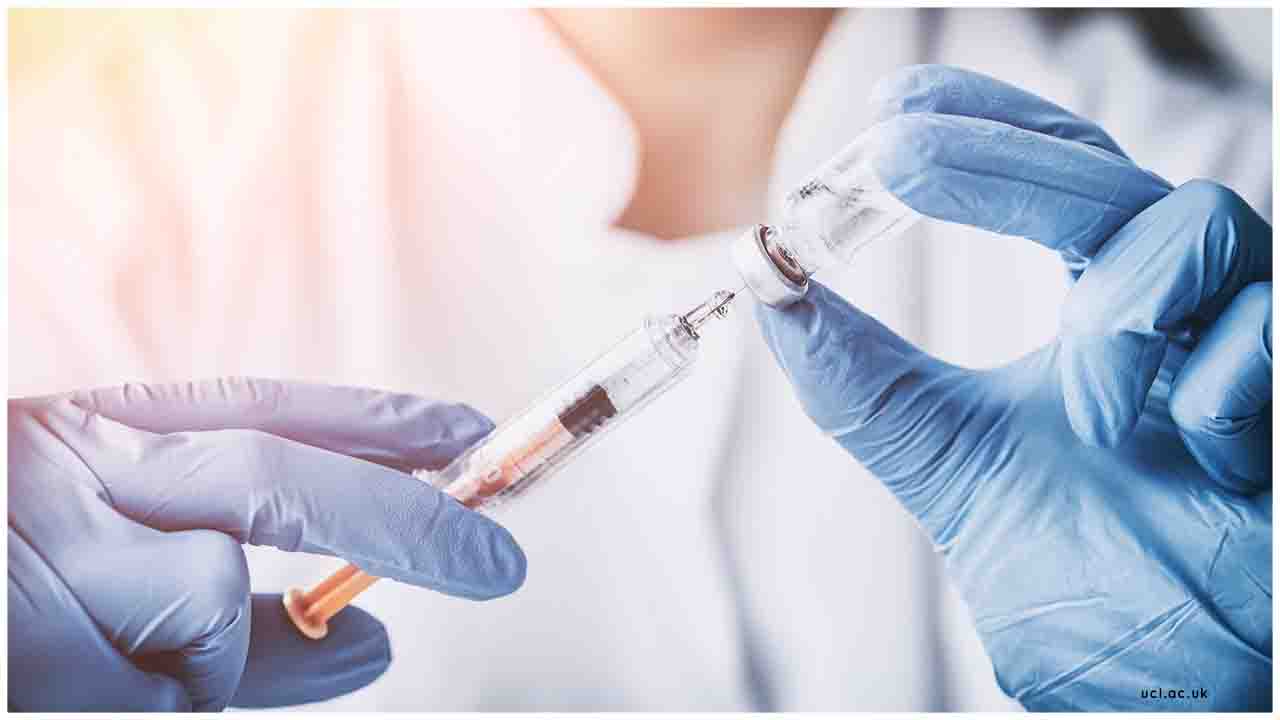Germany and Denmark could follow the UK’s plan to delay giving a second dose of Covid-19 vaccine to people who have already received a first jab, as frustration at the slow progress of European inoculation programmes continues to mount.
Britain said last week it would prioritise administering the first dose of either the Oxford/AstraZeneca or the Pfizer/BioNTech shot so as to ensure more people were protected sooner, with a second dose coming 11 or 12 – rather than three – weeks later.
While the US has said it will not follow in the UK’s footsteps, it emerged on Monday that Germany’s health minister, Jens Spahn, had asked the country’s disease control agency, the Robert Koch Institute, to investigate postponing a second jab.
The move, which follows widespread criticism that Germany has failed to procure enough supplies of the vaccine and been unable to accelerate its nationwide inoculation campaign, was greeted with enthusiasm by doctors.
Leif Erik Sander, head of the vaccine research team at Berlin’s Charité hospital, said: “In view of the current scarcity of vaccines and the very high numbers of infections and hospitalisations in Germany, a strategy in which as many people as possible are vaccinated as early as possible is more effective.”
Denmark is also looking into extending the gap between jabs. The country’s infectious diseases institute said on Monday it would closely monitor the situation in Britain, with the health ministry reportedly considering a 3- to 6-week interval.
With short-term efficacy from the first dose of the Pfizer-BioNTech vaccine, the only one to have won approval from the European Medicines Agency so far, put at about 90%, scientists have suggested a longer gap between doses could be sensible.

 With short-term efficacy from the first dose of the Pfizer-BioNTech vaccine approved scientists have suggested a longer gap between doses could be sensible.
With short-term efficacy from the first dose of the Pfizer-BioNTech vaccine approved scientists have suggested a longer gap between doses could be sensible.
























.jpeg)









